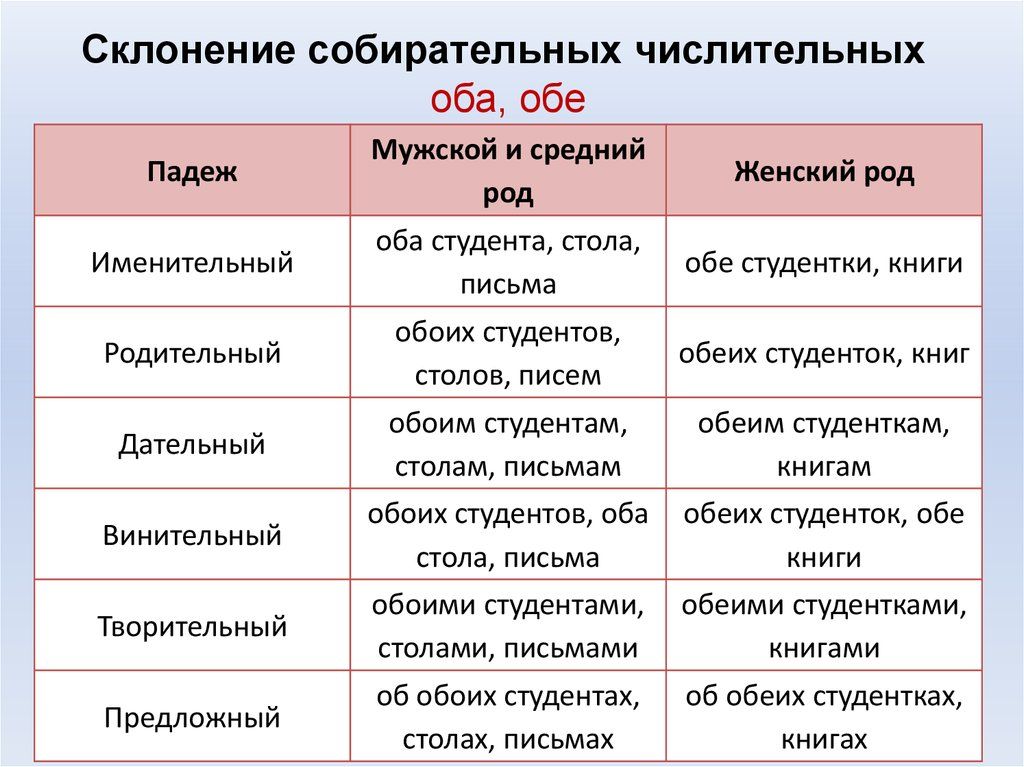BOOK A COURSE
/
ОБА, ОБЕ ИЛИ ОБОИ? RUSSIAN GRAMMAR WITH ANASTASIA
ОБА, ОБЕ ИЛИ ОБОИ? RUSSIAN GRAMMAR WITH ANASTASIA

Published: 05.07.2021
The question which frustrates even Russian native speakers
Оба, обе или обои? This is one of the most difficult questions in Russian grammar, but the rule itself is not really difficult. In English оба and обе mean both, so you use it when you want to describe two objects or two people. The word обои means wallpaper in Russian but due to its similar pronunciation, it is often confusing for Russian people. So let's stop making mistakes and consider both cases in depth!
First of all, you should use оба when you talk about two males
Pay attention to the fact that you should use nouns in the Genitive case and singular after the word оба. When you utilize оба in other cases, the following nouns are used in the Genitive plural:
One can implement оба when talking about both men and women or both masculine and feminine nouns:
When you see two neutral nouns, also put оба in the sentence immediately:
If you see two feminine nouns, two women or two girls, say the word обе without any doubt:
In brief, use оба mostly with masculine nouns and обе with feminine nouns but of course, there are some exceptions that students need to learn. We hope that having read this article you will not use the word обои in your speech unless you are going to repair your house!
Оба, обе или обои? This is one of the most difficult questions in Russian grammar, but the rule itself is not really difficult. In English оба and обе mean both, so you use it when you want to describe two objects or two people. The word обои means wallpaper in Russian but due to its similar pronunciation, it is often confusing for Russian people. So let's stop making mistakes and consider both cases in depth!
First of all, you should use оба when you talk about two males
- Оба мальчика черноволосые. Both boys are black-haired. (Оба used in the Nominative case here)
- Оба студента читают книги. Both students read books. (Nominative case)
- Оба мужчины несут коробки. Both men are carrying boxes. (Nominative case)
Pay attention to the fact that you should use nouns in the Genitive case and singular after the word оба. When you utilize оба in other cases, the following nouns are used in the Genitive plural:
- Мама подарила игрушки обоим сыновьям. The mother gave toys to both sons as a present. (Here you can see the word оба in the Dative case).
- У обоих врачей было время, чтобы принять пациентов. Both doctors had time to see their patients. (The form обоих is used in the Prepositional case).
- Обоим родителям пришлось работать в субботу. Both parents had to work on Saturday. (Dative case)
One can implement оба when talking about both men and women or both masculine and feminine nouns:
- Павел и Ольга женаты. Они оба любят классическую музыку. Pavel and Olga are married. Both of them like classical music. (Nominative case)
- Сегодня у нас на обед и рис, и картошка. Tonight we have for lunch both rice and potato. (Accusative case)
- — Тебе нужна ручка или карандаш? — И ручка, и карандаш. — Do you need a pen or a pencil? — I need both. (Accusative case)
When you see two neutral nouns, also put оба in the sentence immediately:
- Рабочие срубили оба дерева. Workers have cut down both trees. (Accusative case)
- Я съел на завтрак оба яблока. I ate both apples for breakfast. (Accusative case)
- На обоих собеседованиях Катя чувствовала себя уверенно. Katya felt confudent at both job interviews.
If you see two feminine nouns, two women or two girls, say the word обе without any doubt:
- Мне понравились обе учительницы в школе "Enjoy Russian". I liked both teachers in the "Enjoy Russian" school. (Accusative case)
- Я влюбился в обеих девушек с первого взгляда. I fell in love at first sight with both girls. (Prepositional case)
- Вы прочитали обе книги? Have you read both books? (Accusative case)
In brief, use оба mostly with masculine nouns and обе with feminine nouns but of course, there are some exceptions that students need to learn. We hope that having read this article you will not use the word обои in your speech unless you are going to repair your house!

Error get alias
Error get alias
Error get alias
We will select a Russian language course for your goals
Categories
Our Courses
Contact us
We use cookies to provide the best site experience.





